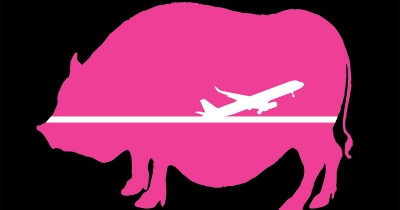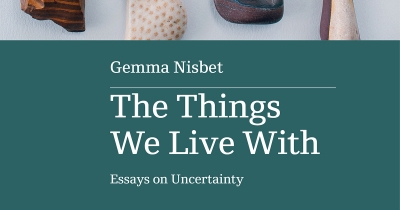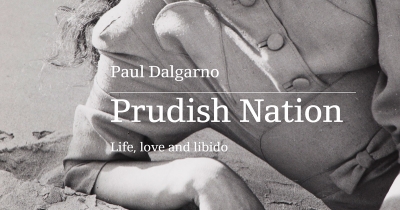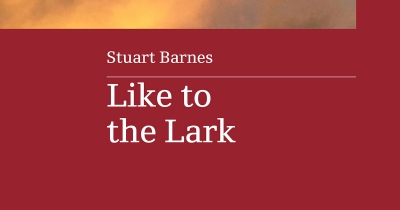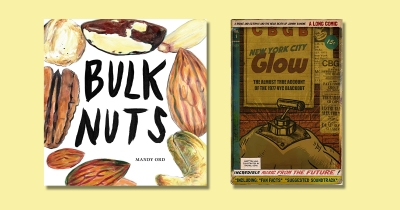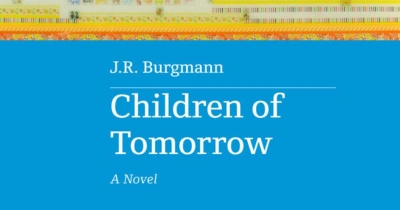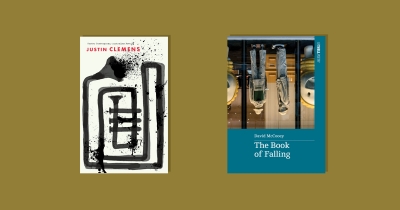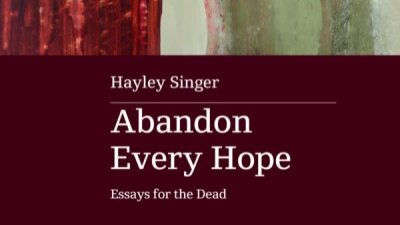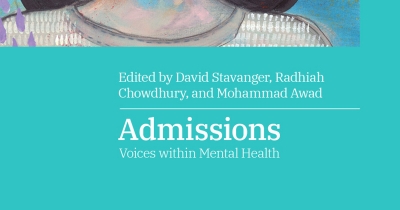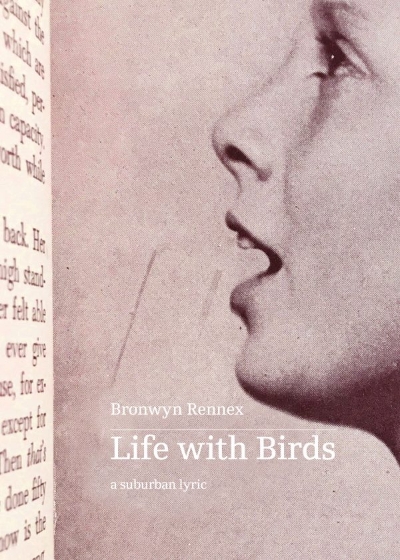Upswell
The Things We Live With: Essays on uncertainty by Gemma Nisbet
by Francesca Sasnaitis •
Bulk Nuts by Mandy Ord & New York City Glow by Rachel Coad
by Bernard Caleo •
A Foul Wind by Justin Clemens & The Book of Falling by David McCooey
by Judith Bishop •
Admissions: Voices within mental health edited by David Stavanger, Radhiah Chowdhury, and Mohammad Awad
by James Dunk •

